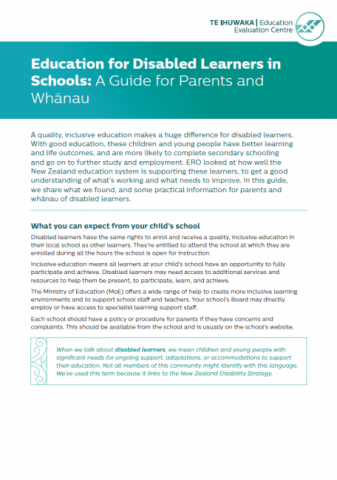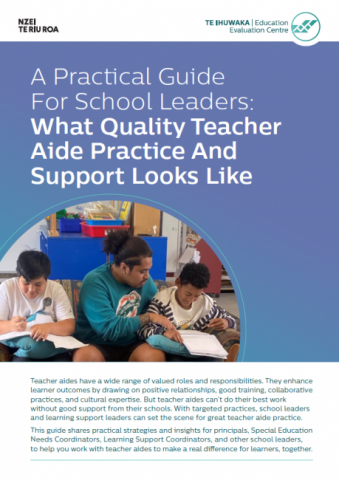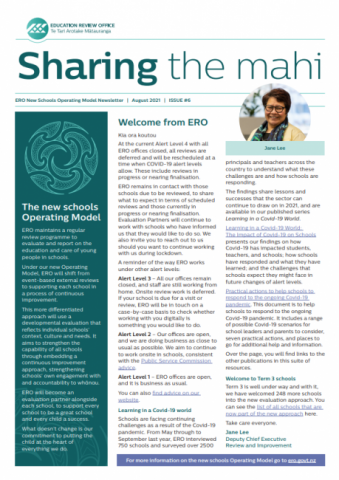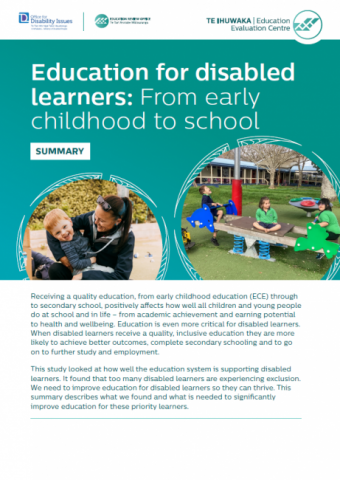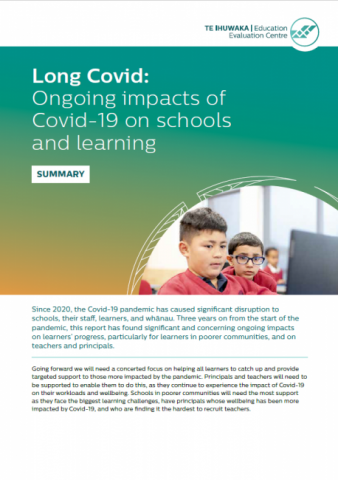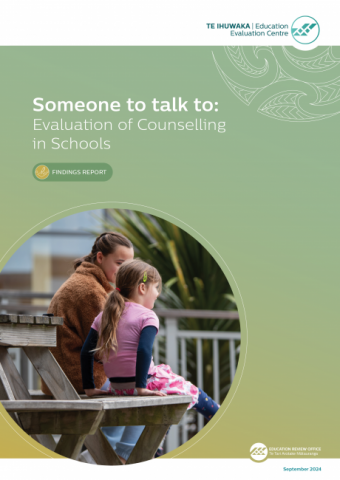Rethinking Governance Indicators for Effective School Review
Published: 28 May 2021
Wylie reports that there is very little research on the relationship between school governance and student learning. She suggests two reasons for this: (i) governance boards are not an essential feature of effective schools and (ii) it can be hard to separate the contribution of boards from that of school leaders, particularly where a board is school- based.
- Audience:
- Academics
- Content type:
- Basic page


